One of those questions authors are used to hearing is, “Where do you get your ideas?” For most projects my answer to this is usually an explanation that combines my scattershot and random attention span with my love for a fairly broad array of pop culture subgenres, with pretty much every story I write a love letter to one genre, or film, or book, or a collection of sources along those lines, and while Bennytown’s origins aren’t terribly different, it has its own winding and weird history that I shall share today for those interested.
But first, let’s talk a little about what exactly Bennytown is.
Okay, that’s the story. Well, I should say that’s some of the story; I like to get a little crazier than that. But out of all the stories in the world, why did I choose this? Well, there are two major influences and a bit of tragedy that helped birth this story into the world.
For the first influence, let me answer with a picture.
I left when I was eighteen to focus on college, but the experiences I had while working there, both good and bad alike, stuck with me, and I knew that they would one day influence a story in some way, shape or form.
(Side note: I will say that contrary to what might appear in the book, my experiences on the whole were almost universally positive and that I have little but nice things to say about the people behind the scenes at Universal Studios, who were absolutely professional and positively enthusiastic in their work, even when things got difficult.)
As for the other major influence, I shall answer with a book recommendation.
Sure, being an almost-teenager, I was more taken by the dark stories of death and sordid behind the scenes controversy than I was the impressive tale of how the park seemed born from pure determination, but it was a fascinating read all the same. Reading this before we got really invested in this whole “internet” thing, I felt like I was holding onto forbidden knowledge of the dark underbelly hiding beneath false cheer. It was as if the book was a dark totem that I bore to disperse knowledge to my unaware peers.
In my defense, I was perhaps 11 when this happened, so, I probably had an outsized view of these facts which were otherwise public knowledge. Even so, it’s a fun if occasionally grim book, check it out!
The simple knowledge of what can happen behind the scenes of a cheerful-looking theme park combined with my own knowledge of working one such place always sat at the back of my mind as a potentially horrifying story, but it took a while before I could find the right hook. Still, around 2014-2015 an idea had begun to form, and I began to write the beginnings of what I thought would be a fun, scary story of life working inside of a haunted theme park. It wasn’t quite Bennytown, but it was a step in the right direction, and one I was truly excited for.
Right around the end of 2015, I managed to make some pretty good progress, and then, well, I hit a bit of a speed bump.
At least until December 31, 2015, when I came over for lunch to find out he’d died suddenly in the night from a heart attack.
This, well, kind of set off what was going to be a fairly rough 2016 for me (though I hadn’t anticipated quite how rough it would be on everyone). I sank into a pretty long period of depression and not wanting to deal with dark and violent stories of death and madness, so I put Bennytown on the backburner for a time while I sorted my life and mind out. It took a lot of effort, and a very understanding wife, but in time I saw that light at the end of the tunnel.
And that, weirdly, is where I found Bennytown again, as once the grim nature of the story no longer got to me, writing gave me focus and was one of many steps that helped me on the path to dealing with my depression. I won’t say it fixed everything, and that I don’t still deal with it from time to time, but being able to focus on a completely strange and unreal world with elements that were completely in my control definitely helped. It took some time, and some soul-searching, and a lot of drafting, but I was finally ready to put Bennytown out into the world.
I could go into detail on the trials and tribulations of the submissions process, and how I’d nearly lost all hope the book had a future and was brought back from the brink by a poster I won in a Jurassic Park trivia contest (long story) before it got picked up by my final publisher, but those are stories for another time.
Until then, be kind to each other, take care of yourselves, stay safe, stay healthy, stay informed, be kind to each other (I know I said this twice, and I don’t care because it bears repeating) and I hope to see you at Bennytown…
Bennytown will be released on paperback and Kindle on June 23, 2020.
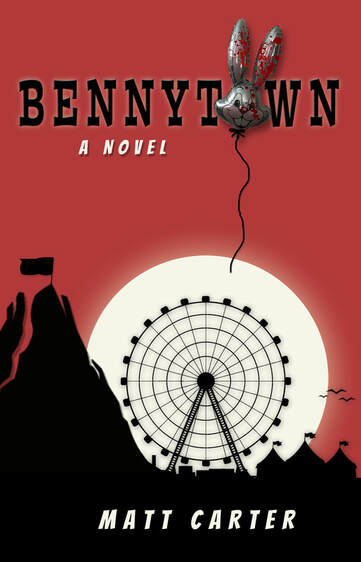
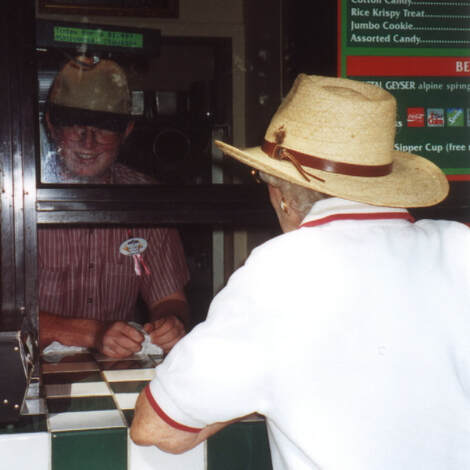
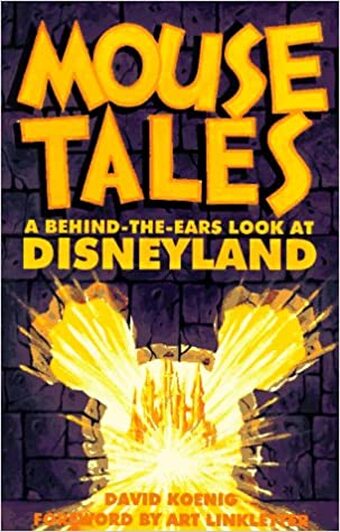
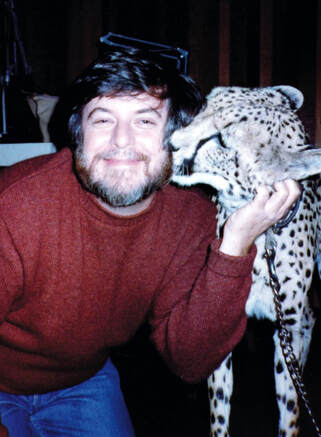
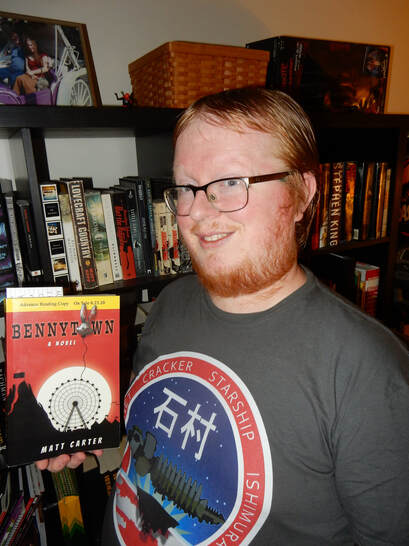
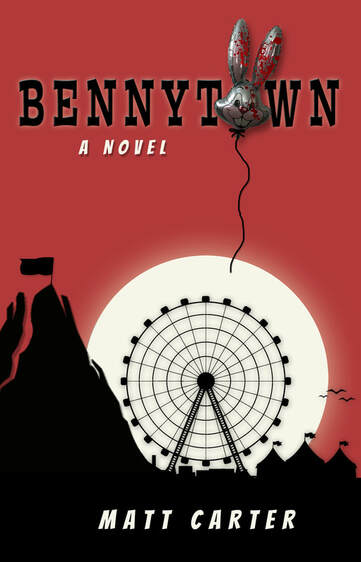
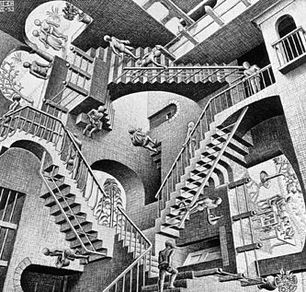
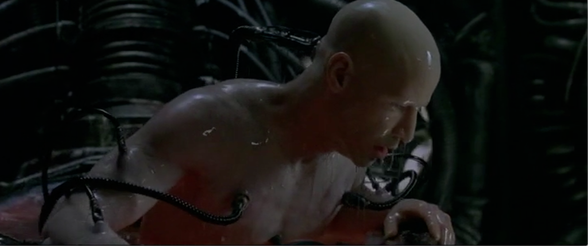

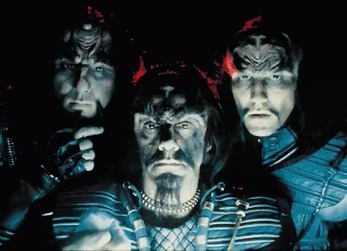


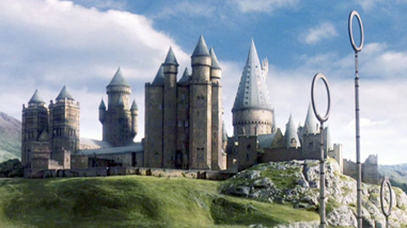
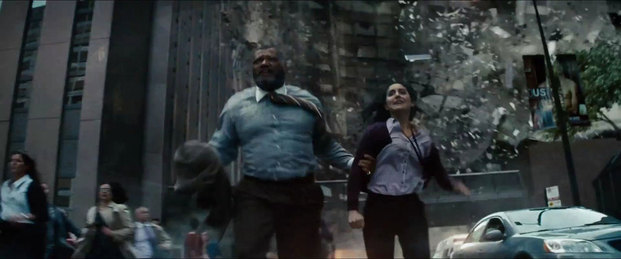
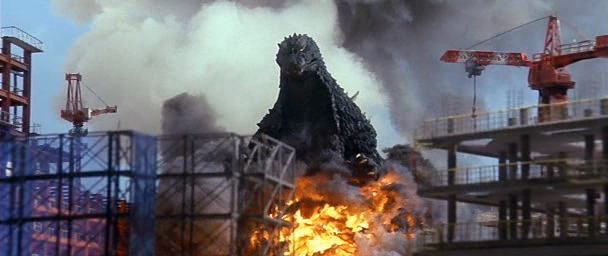
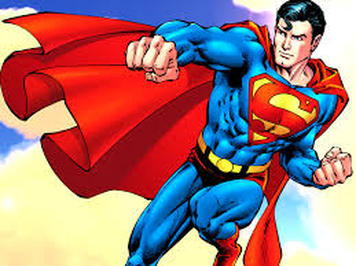
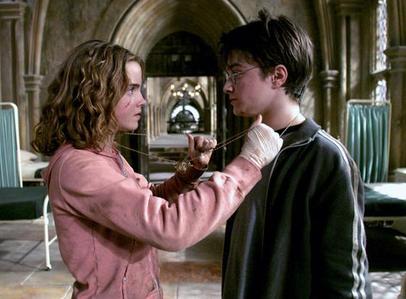
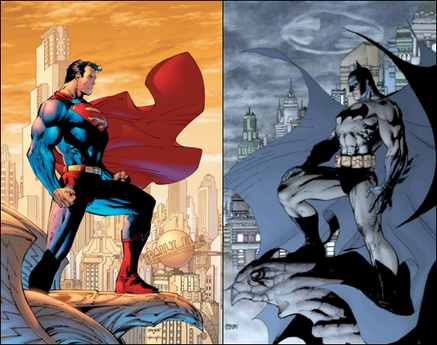
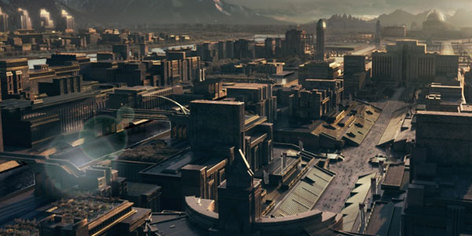
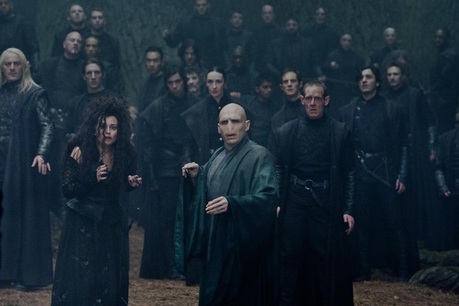
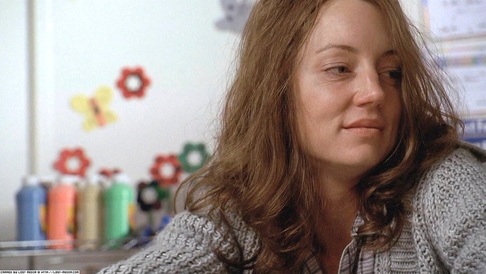

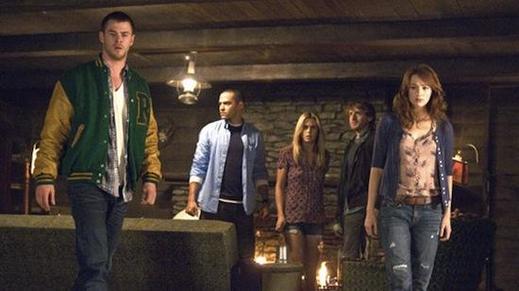
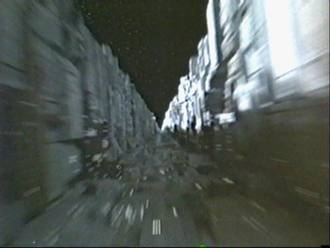
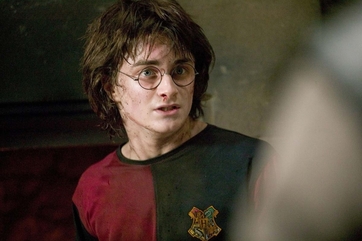

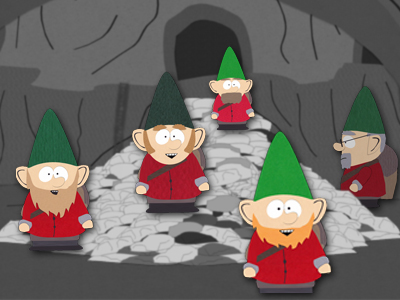
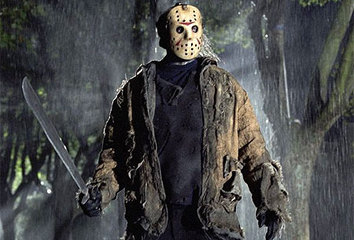
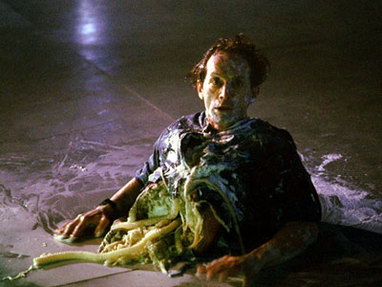
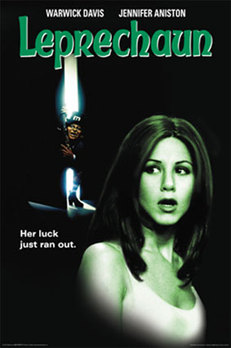
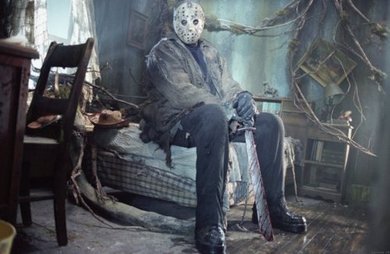
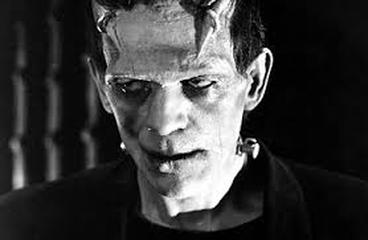
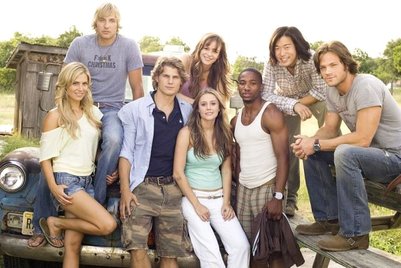
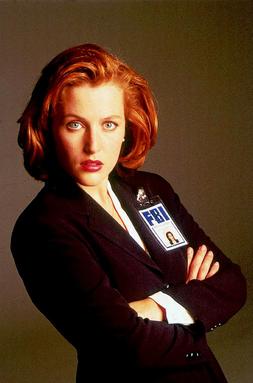
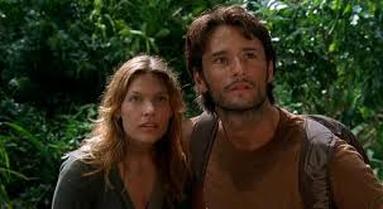
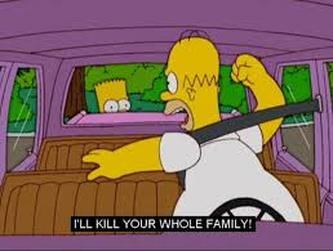
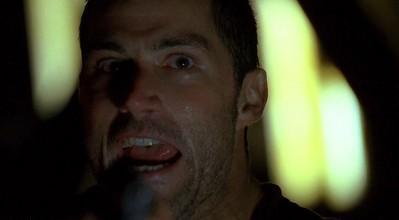
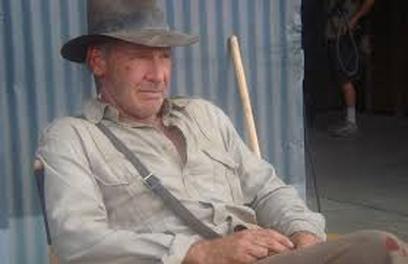
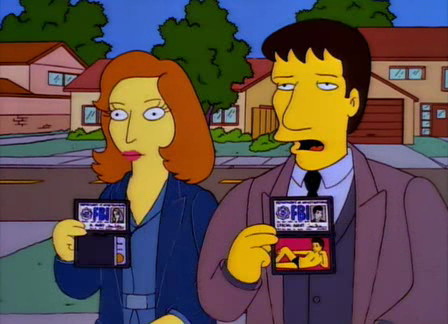
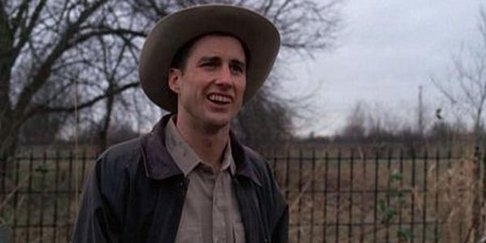

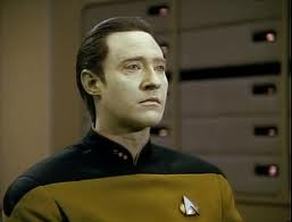
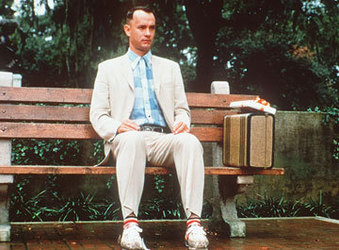
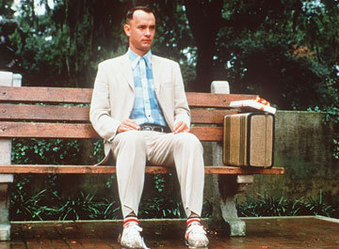
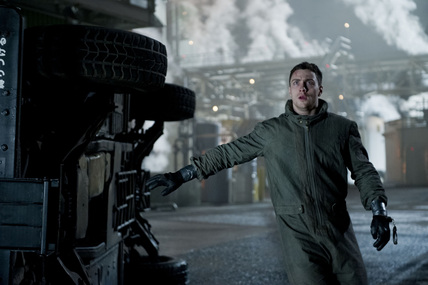

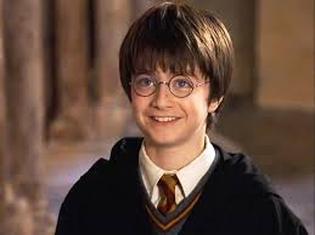
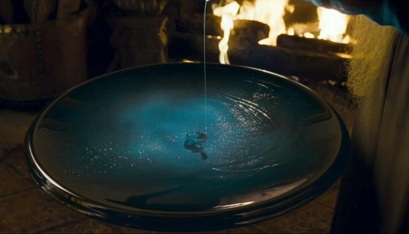
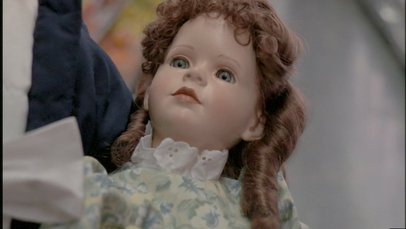
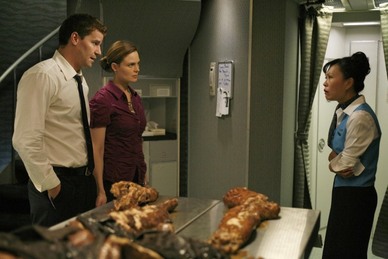
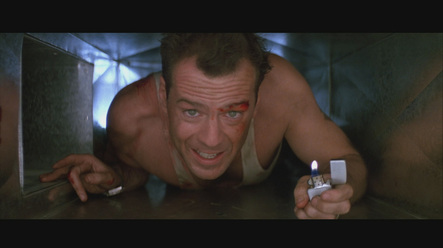
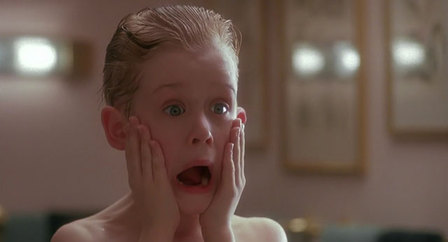
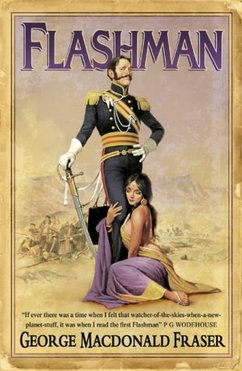
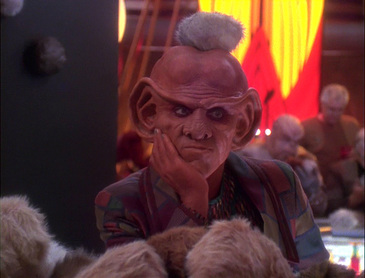
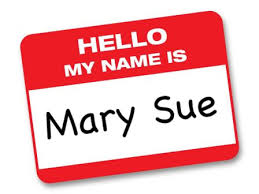
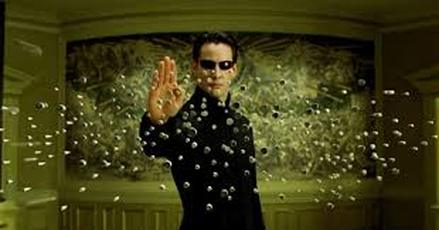
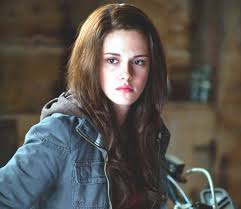
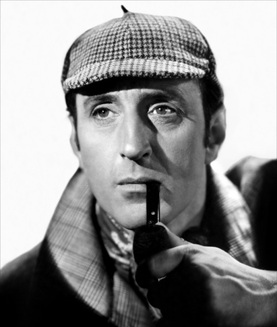
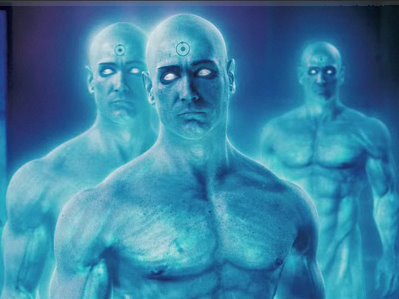
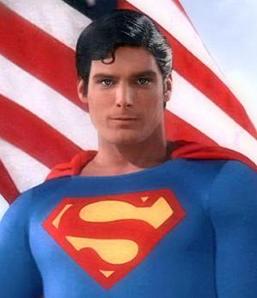

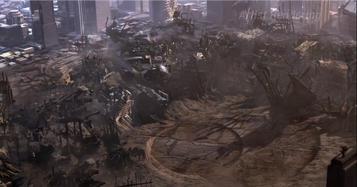
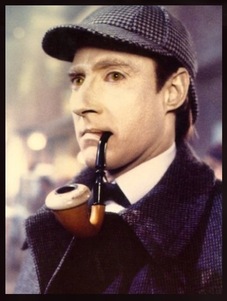

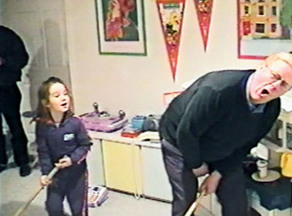
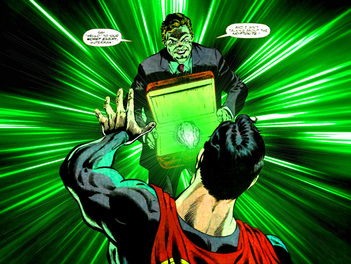
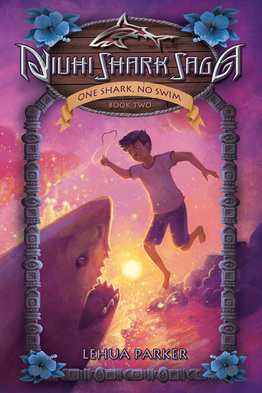

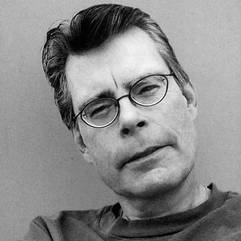
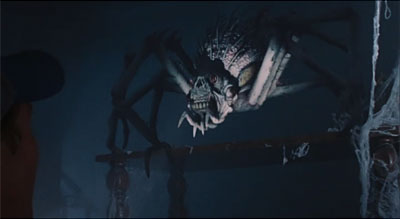

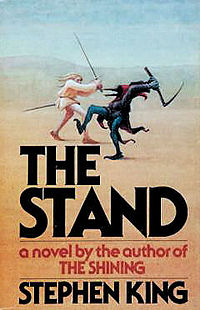
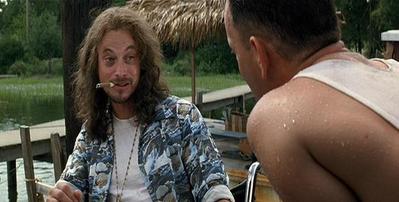
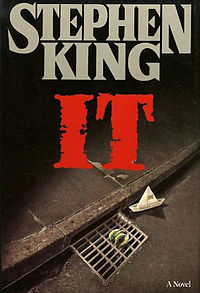
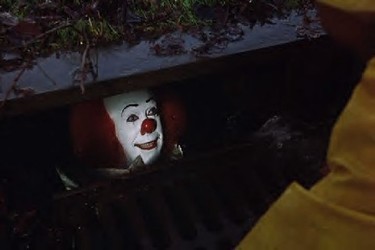
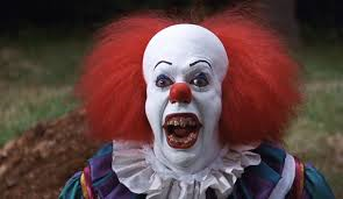
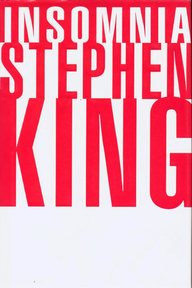
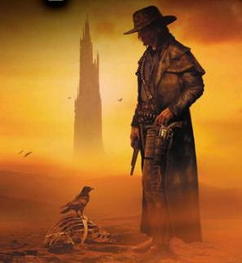

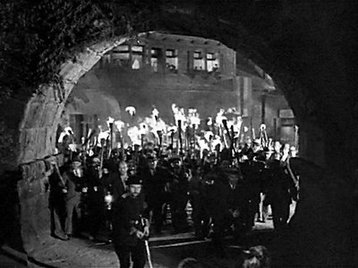
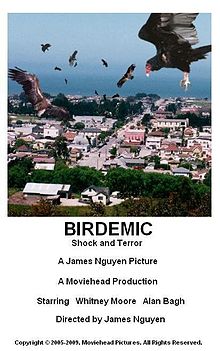

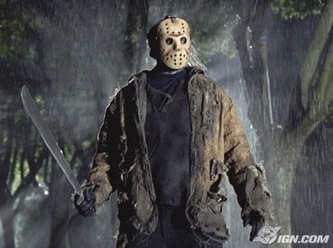




 RSS Feed
RSS Feed
